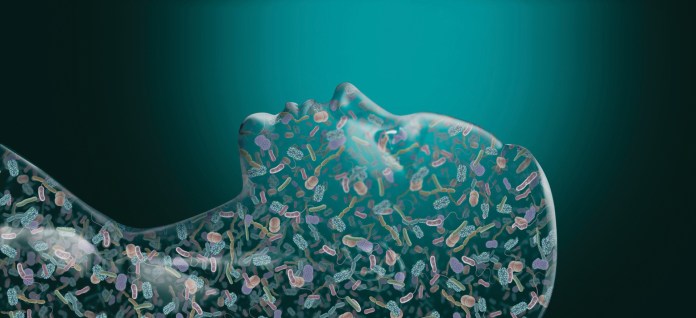Other fields of research are looking at an interesting and long-suggested proposition that the bacteria which inhabit human digestive systems, live on our skin and even in our mouths have an impact on the inflammatory forms of arthritis and related conditions.
The suggestion is that changes in the environment in which live personal microbes, your microbiome, caused by pregnancy, a course of antibiotics, weight loss or anything else can cause changes which can affect the immune system. These changes may lead to disease which can be alleviated or avoided, possibly by simply changing what you eat. Arthritis research UK is funding £2 million of research into the role of the microbiome, specifically gut bacteria, on conditions as diverse as established rheumatoid arthritis, childhood arthritis and ankylosing spondylitis. The grant, announced in January this year, follows a cluster of smaller awards made public last year and includes cash for researchers as far afield as Harvard and New York universities in the USA and at Oxford and Birmingham universities and University College London in the UK.
Group leader Prof. Fiona Powrie from the University of Oxford said: “This funding will allow our consortium to push forward with its goal of bridging the gap between microbiome description and function. It’s a key first step in unlocking the potential of the microbiome to yield therapies for inflammatory diseases.” Previously published studies have found convincing correlations between differences in the levels of certain bacteria in patients suffering from a number of immune-related diseases and healthy control populations. For example, Dr Jose Scher of New York University School of Medicine and Hospital for Joint Diseases, published research in 2013 which suggested that in animals gut bacteria had a role to play in the immune response required for joint inflamation.
The team had also found a strong correlation between increased levels of Prevotella copri in human inflammatory arthritis patients. A team led by Xuan Zhang of the Department of Rheumatology and Clinical Immunology, Peking Union Medical College Hospital, published results in July 2015 showing depleted levels of Haemophilus species in patients with rheumatoid arthritis and an over representation of Lactobacillus salivarius. Dr Stephen Simpson, director of research programmes for Arthritis Research UK, said: “We hope that the £2 million award will help us understand the relationship between the bacteria in our gut and human health, specifically arthritis. This knowledge is absolutely essential if we’re to develop new treatments that could one day revolutionise the way we prevent and treat painful and debilitating conditions like inflammatory arthritis.”


















